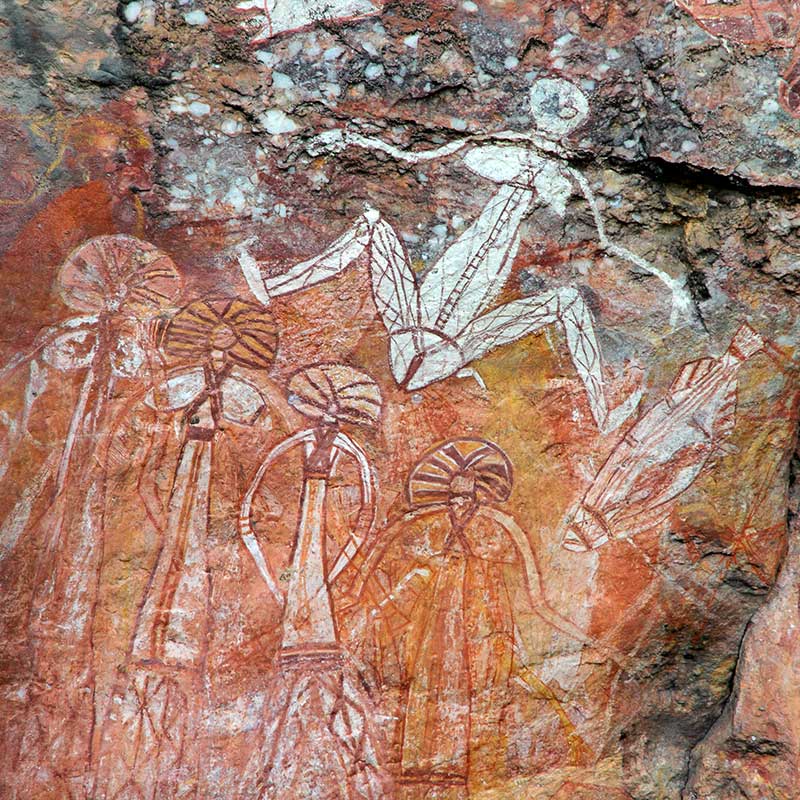The ancestors of Indigenous Australians are believed to have arrived in Australia 40,000 to 60,000 years ago. They developed a hunter-gatherer lifestyle, established enduring spiritual and artistic traditions and used stone technologies. At the time of first European contact, it has been estimated the existing population was at least 350,000.
European settlement saw the introduction of many diseases which decimated the indigenous population. A smallpox epidemic recorded near Sydney in 1789, is believed to have killed approximately half the Aborigines around Sydney. Conflict with the new settlers also led to a profound disruption to Aboriginal life.
European Settlement
The first known landing in Australia by Europeans was by Dutch navigator Willem Janszoon in 1606. Twenty-nine other Dutch navigators explored the western and southern coasts in the 17th century, and dubbed the continent New Holland. Other European explorers followed until navigator Lieutenant James Cook claimed the east coast of Australia for Britain in 1770, establishing a colony at Botany Bay (Sydney), New South Wales 17 years later.
Between 1788 and 1868, approximately 161,700 convicts (of whom 25,000 were women) were transported to the Australian colonies of New South Wales, Van Diemen’s land (now Tasmania) and Western Australia. It has been estimated that perhaps two-thirds were thieves from working class towns, particularly from the Midlands and north of England.
The New South Wales Corps was formed in England in 1789 as a permanent regiment to relieve the marines who had accompanied the First Fleet. Officers of the Corps soon became involved in the corrupt and lucrative rum trade in the colony. In the Rum Rebellion of 1808, the Corps, working closely with the newly established wool trader John Macarthur, staged the only successful armed takeover of government in Australian history, deposing Governor William Bligh and instigating a brief period of military rule in the colony prior to the arrival from Britain of Governor Lachlan Macquarie in 1810.
Macquarie served as the last Governor of New South Wales, from 1810 to 1821 and had a leading role in the social and economic development of New South Wales which saw it transition from a penal colony to a budding free society. He established public works, a bank, churches, and charitable institutions and sought good relations with the Aborigines.
Australia is now a modern, multicultural society, having seen large scale immigration programs at the end of the First and Second World Wars and the Vietnam War. Current census data shows 3% of the current Australian population identity as Aboriginal and Torres Strait Islander.


